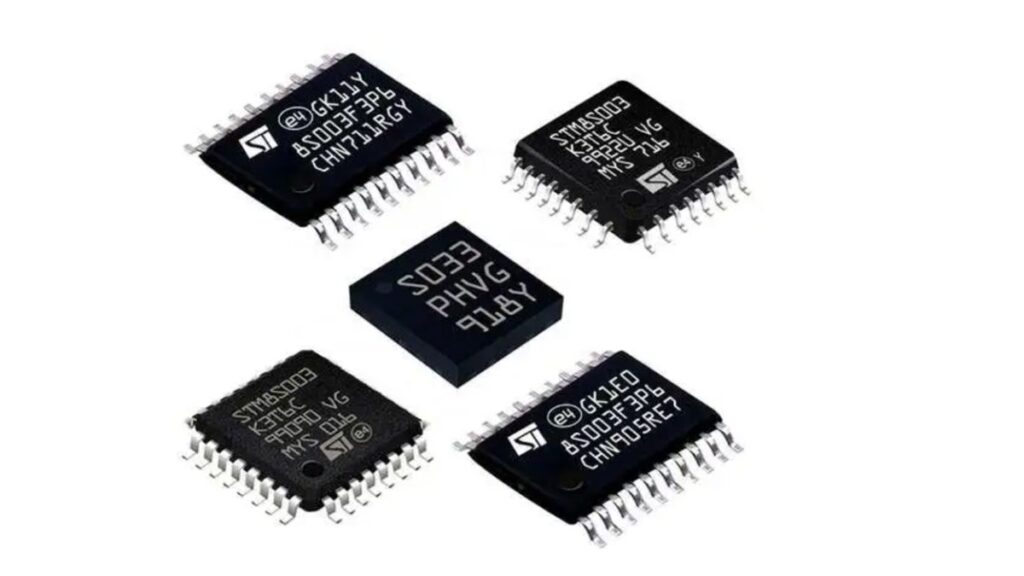Chips have a profound impact on our lives; without them or if their research stagnates, our daily existence would be significantly altered. Undoubtedly, the absence of chips would disrupt normal life, affecting various sectors such as defense, aerospace, transportation, energy, and consumer goods. Many high-end industries owe their rapid growth to the integration of chips.
In the technological age, chips are akin to the steam engines and internal combustion engines of the first and second industrial revolutions, determining the strength of productivity in an era. Whether it’s smartphones, computers, or data centers, high-performance computing, and industrial robots, all rely on chips for support.
Essentially, a chip is a semiconductor integrated circuit designed for specific functions and miniaturized circuits. They can be classified into system chips and memory chips. System chips integrate computing functions into a single chip, including common types like CPUs (Central Processing Units), GPUs (Graphics Processing Units), DSPs (Digital Signal Processors), and modems.
Memory chips utilize semiconductor technology to store data, with ASICs (Application-Specific Integrated Circuits) and FPGAs (Field-Programmable Gate Arrays) leading the way in product development. As technology advances, some memory manufacturers expand FPGA capabilities to create fully functional chip architectures.
Chips come in various forms, including computing chips (GPU, CPU, MCU, AI), memory chips (DRAM, SDRAM, ROM, NAND), communication chips (Bluetooth, WiFi, USB, Ethernet, HDMI), and sensing chips (MEMS, microphones, cameras). Energy supply chips, such as power chips and DC-AC converters, also play a crucial role.
There are three main types of chips in specific applications: digital, analog, and mixed-signal chips, which are embedded in every aspect of our daily lives. They continuously receive information, issue commands, and control devices, making life more convenient. For instance, our smartphones and appliances interact through chips, and electric bicycles include chips that control power output.
In the automotive sector, each vehicle contains about 1,600 semiconductor chips, vital for the functioning of the vehicle’s computer systems. If these chips malfunction or are missing, the vehicle’s computer cannot operate. Thus, chips have become ubiquitous in our lives and work.
The emergence of chips has made life more efficient and intelligent, symbolizing societal progress and technological development. A country with advanced chip technology can create limitless possibilities, and we hope for the early development of high-end chip technology in our nation.







